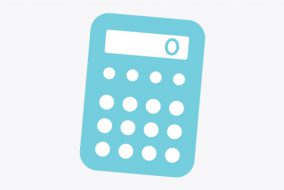Today’s workforce is highly mobile. It is becoming more and more common for people to change jobs many times through their lives, often in search for greater challenges or pay. Some people experience periods of unemployment when they are between jobs. Temporary contract positions are becoming a common employment practice for some companies.
In addition to focusing on job searching and networking, it’s important to prepare yourself financially for a change in your job status.
- If you know ahead of time that your job will end (because you are choosing to leave or your contract has a fixed end-date), be sure you have set aside some money to tide you over while you seek a new opportunity.
- If you receive a severance payment from your employer and won’t need the money to pay for day-to-day living, consider using the money to pay off debts or invest it to earn some interest.
- If you have received a large severance, consider contributing a portion to a Registered Retirement Savings Plan (RRSP) or a Tax-Free Savings Account (TFSA).
- Create or revise your budget to make sure the money lasts as long as possible, and to avoid overspending or purchasing items that you may not need.
- Do your best to rely only on the money that you have saved in a regular bank account. Avoid withdrawing money from your RRSP or other investments, so that it will be easier for you to stay on track with your long-term savings goals.
- If you have no choice and must withdraw money from your RRSP, keep in mind that you will be taxed on the amount you take out. When you file taxes you may or may not get the money back. As well, you will lose the contribution room that you used to make the investment in the first place.
- It is important to note that you can’t withdraw from and deposit money into a TFSA in the same year. However, if you withdraw money one year, you can get your contribution room back in the following year.
As with any major life change, when your job status changes, it is important to meet with your investment advisor to review your investment portfolio and to re-evaluate your tolerance for risk. Your investment advisor will help you stay on track to reach your financial goals.






















